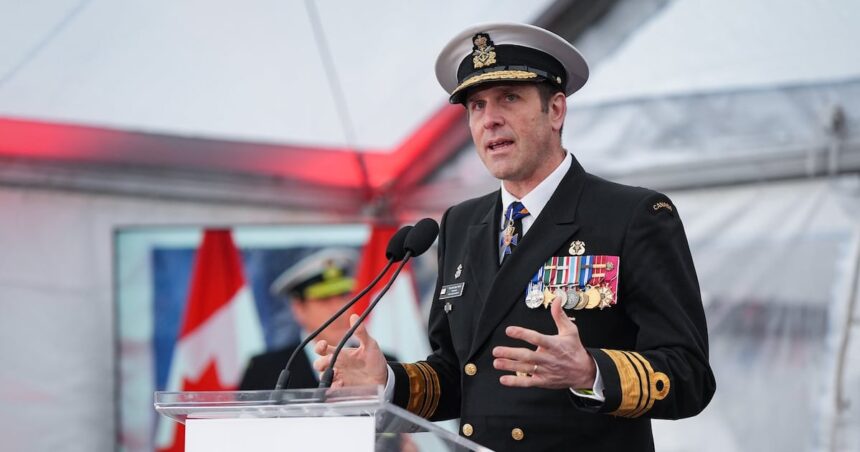The Royal Canadian Navy continues to face severe personnel shortages in 2025, with recruitment levels falling significantly below targets needed to maintain operational readiness. Despite a series of aggressive recruitment campaigns launched earlier this year, Vice-Admiral Angus Topshee acknowledged yesterday that the Navy remains approximately 14% below optimal staffing levels.
“We’re dealing with a perfect storm of recruitment challenges,” Topshee explained during a press conference at CFB Halifax. “The combination of competitive private sector salaries, changing career expectations among younger Canadians, and our aging fleet infrastructure has created persistent gaps throughout our service branches.”
Internal documents obtained through access to information requests reveal that specialized technical positions face the most critical shortages. Naval engineering, cybersecurity, and advanced weapons systems operations—roles that require extensive training and expertise—show vacancy rates exceeding 20% in some departments.
The recruitment crisis comes at a particularly challenging time for Canada’s maritime defense strategy. Recent tensions in the Arctic region and increasing naval activity from Russia and China have highlighted the strategic importance of maintaining a fully operational naval force. Defense analysts warn that continued staffing shortages could compromise Canada’s ability to fulfill its NATO commitments and protect sovereign waters.
“What we’re seeing isn’t simply a staffing issue—it’s a national security concern,” says Dr. Margaret Chambers, defense policy expert at the Royal Military College. “The Navy’s capability gaps directly impact Canada’s position within the international security framework.”
The Department of National Defence has responded with an emergency recruitment strategy that includes signing bonuses of up to $25,000 for critical positions, accelerated training programs, and improved family support services. Additionally, the Navy has revised several longstanding policies regarding deployment schedules and career advancement to make naval service more attractive to younger Canadians.
Lieutenant Commander Sophia Martinez, who oversees recruitment for the Atlantic fleet, points to changing workforce expectations as a central challenge. “Today’s recruits are looking for different things than previous generations. They want meaningful work, certainly, but also work-life balance, technological innovation, and clear career progression. We’re adapting our approach to address these priorities.”
The recruitment issues extend beyond the regular force. The Naval Reserve has reported similar difficulties attracting and retaining personnel, with some reserve units operating at barely 65% capacity. This has further strained the ability of the regular force to meet operational requirements, as reserves traditionally supplement regular force capabilities during periods of high operational tempo.
Political responses to the crisis have been mixed. The government has pledged an additional $340 million for recruitment and retention initiatives as part of a broader defense spending package, while opposition critics argue that years of underinvestment in military infrastructure and personnel have created the current crisis.
Maritime industry experts note that the Navy’s struggles reflect broader trends across the global naval sector. “Most Western navies are experiencing similar challenges,” explains maritime analyst James Holden. “The specialized skills required for modern naval operations are in high demand across multiple industries, creating intense competition for talent.”
As the Royal Canadian Navy navigates these troubled waters, the fundamental question remains: Can Canada reverse these troubling recruitment trends before they impact our national security posture, or will our maritime defense capabilities continue to erode in an increasingly complex global security environment?










